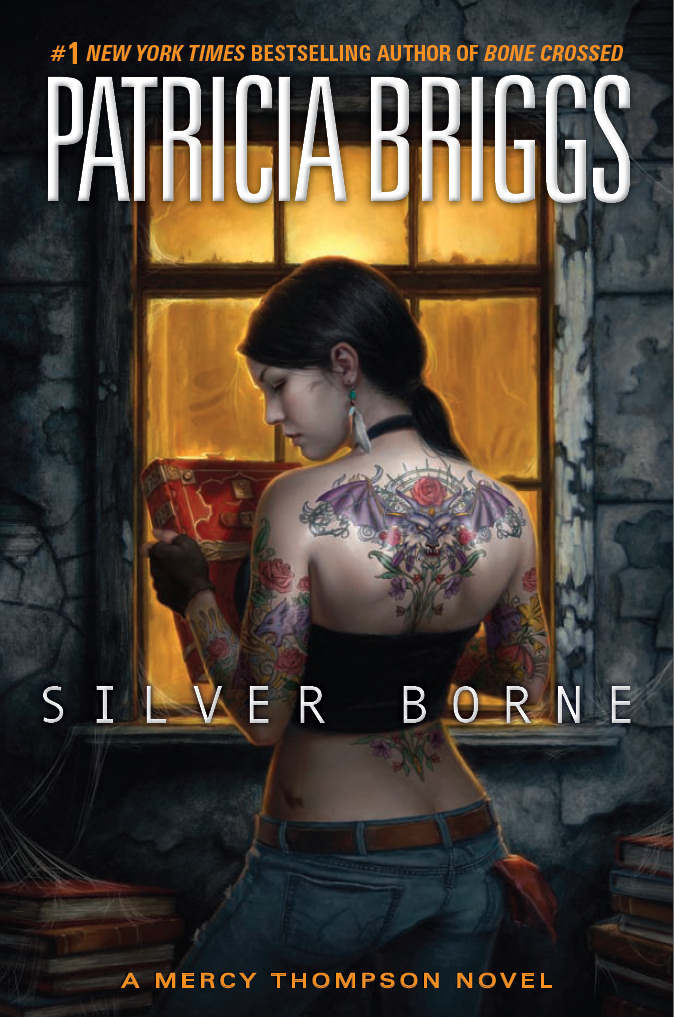

Several direct mentions of ballads and songs within the text of this novel, published in 2010, offer the aware reader delightful foreshadowing of action and consequences:
Thomas the Rhymer (page 196) and the passing of time in the world of the Fae: "I underlined Thomas the Rhymer's name because it was history and Rip was a story by Irving that might or might not have been based on various legends--including Thomas's."
Tam Lin (page 305). While this ballad is not named, those who are familiar with the Faery Queen's final challenge to Janette would recognize it immediately: " A different bargain, then. You hold something of my choosing while it changes." Briggs satisfactorily presents the challenge for this reader.
Not a ballad but a song relevant to my present research: The Devil Went Down to Georgia (page 284) "Bargaining? Like in the song 'The Devil Went Down to Georgia' but with a fairy?" I asked. It seemed to me that I'd heard a similar tale with fairies in it.
"Right," Samuel agreed. "It can be a contest--usually musical, because fairy queens tend to be musically talented. But there are stories of footraces or swimming contests. My father has a wonderful old song about a young man who challenged a fairy to an eating contest and won."
